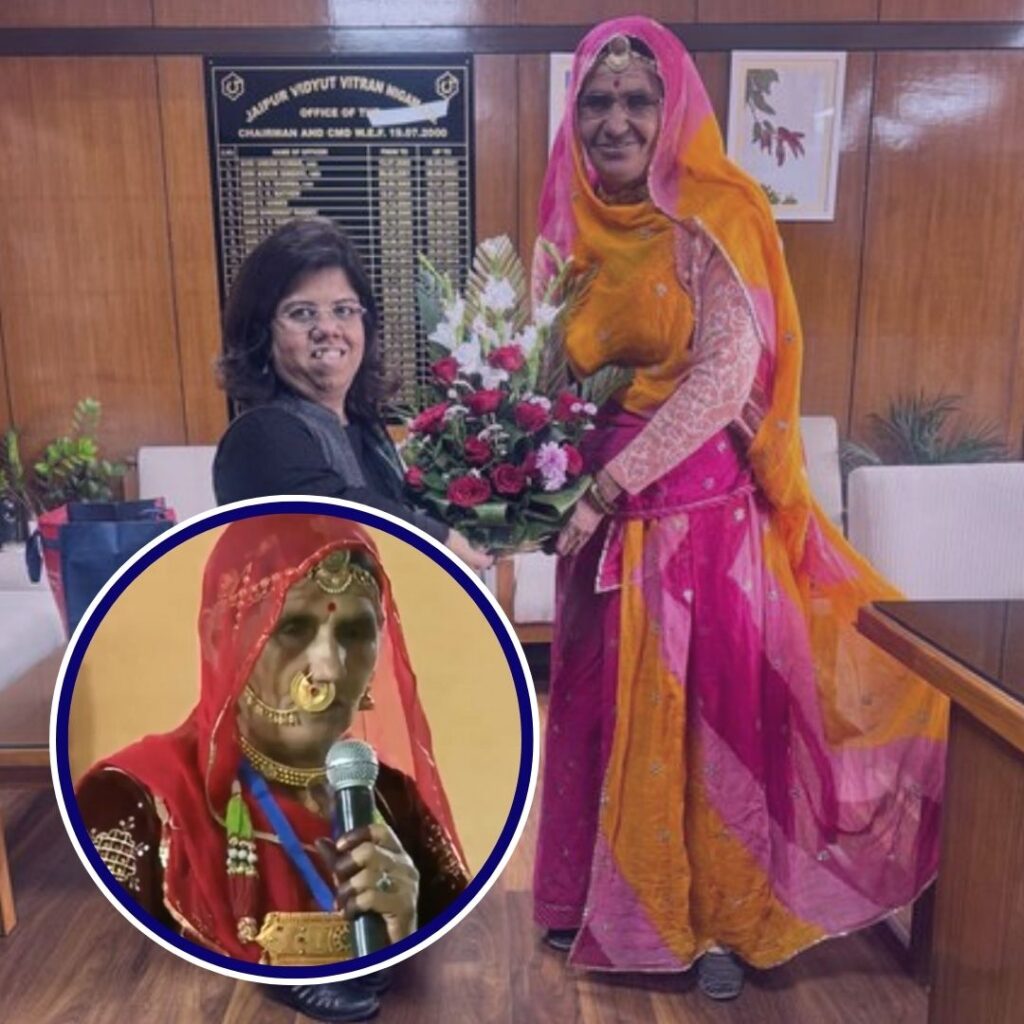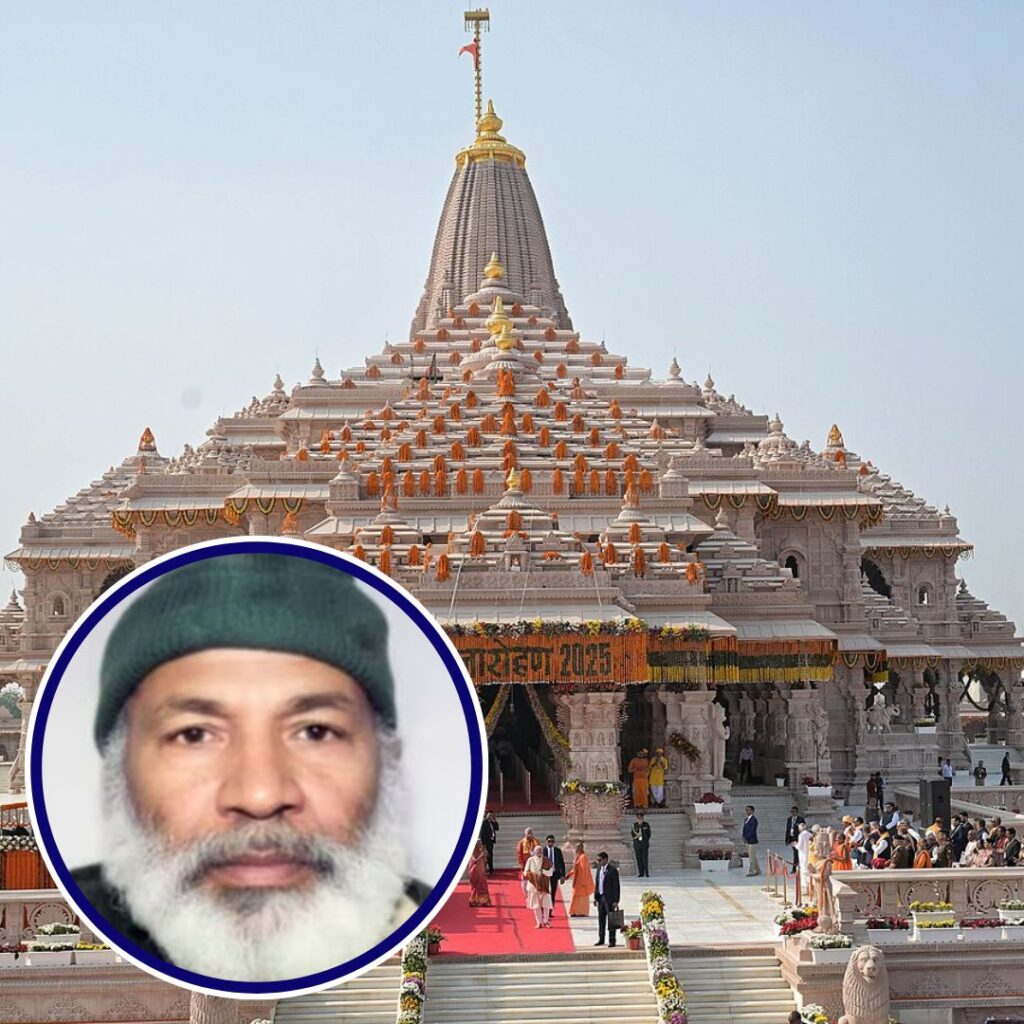This is the story of Mir Basit Hussain, who is a senior journalist and Editor Publications at Free Press Kashmir. He started his career at ESPN, later moved to The Sunday Guardian and also worked as a Sport Corrospondent in Qatar. He graduated from Aligarh Muslim University in 2006.
Under regular circumstances, a house swarmed with people would resemble the site of a wedding celebration. With people rushing in and out as if their lives depended on it, any bystander unaware of the ‘Kashmir situation’ would assume it to be a busy station of business or revelry. However, sadly it wasn’t a happy occasion that had brought them together but a ringing electronic box.
My landline, earlier rendered useless by growing connectivity through mobile phones, had become a lifeline – a channel for strangers and friends to reach out to the world they had been forcefully stopped from contacting.
Today, the world will complete 70 days since its oblivion towards Kashmir. A ‘feat’ of this degree was made possible by the harshest clampdown imposed by the government of India in the conflict-ridden valley.
The communication gag, which has seriously dented the image of the ‘world’s largest democracy’ on international platforms, was imposed after New Delhi stripped Kashmir of its autonomy and downgraded the federal state into a pair of union territories.
Sixty seven days since the lockdown and communication shutdown, the government of India – which had otherwise maintained that everything was normal in the valley, finally admitted in an advertisement in Greater Kashmir that nothing was on track. The advertisement asked people in bold writing ‘Why Fear?’ and further asserted that nobody was benefitting by closed shops, schools and public transport. The ad pricked the ‘normalcy balloon’ which the government had held high since the 4th of August.
The bareness and uneasiness caused by the severed communication lines, an almost obsolete piece of technology, fixed-line telephony (commonly known as landlines) resumed its ancient importance across the region now cold and dry.
On August 17, a handful of landline connections were made functional and by September 4, while the government stated that all connections were restored, only a few additional machines were brought back into operation, one of them being the one in my house, in Qammarwari.
Situated between the defiant Downtown and the so-called ‘calm’ uptown of Srinagar city, Qammarwari erupted with anxious joy when they learnt that a landline was functional. As soon as neighbours heard the telephone ring after such a long time, one of them exclaimed, “Basit ka phone chal gaya. Tooba, abh tum university walon ko contact kar sakti ho. (Basit’s phone is functional, Tooba, now you contact the university).”
I live in Qammarwari and Tooba, my neighbour is an aspiring teenager who had applied for studies in a university in Punjab and was very excited about her future. Just when the young girl was looking forward to getting the education she deserved, Article 370 was abrogated and Kashmir was disconnected from the rest of the world.
She tried to reach her institution through my landline which had by then become a seer. Everybody wanted its ‘blessings’ and people started thronging my house.
“It is me Rashida. We are alive!,” said one of my neighbours to her brother who lives in Delhi. She then pulled out a list of numbers and started ringing them all. On finishing her calling marathon, she turned towards me and showered as many blessings she could. While walking away from the telephone’s corner, relieved after speaking to her loved ones, she saw that the room was packed with worried faces, waiting for their turn.
“This is the number I will be available on,” Amina said blushingly. The heena on her hands was still very fresh. “I hope you are okay. Please take care and keep me posted on this number. I will be here tomorrow exactly at 11 am,” the newlywed told her husband who had left for Delhi just days before the clampdown.
The word that the communication line in my house had been restored spread like wildfire and people began pouring in. “Get some concentrated juice. It doesn’t look good that we aren’t offering refreshments to the people who are coming in,” my mother, Altafa Yasmin, told me. Even in the harshest of times, she believed in upholding the Kashmiri tradition of hospitality.
It was not just acquaintances coming to use the facility at my home, we began receiving ‘random calls’. A girl from Malaysia called me one day, she saw our number on some list which was doing rounds on social media, as people out of the former state had begun mass circulation of all functional telephone numbers. She wanted to know about her friend who lived in Chattabal – an area far from Qammarwari. I told her we could not go there due to restrictions but assured her that nothing untoward had happened in that area.
One of my friends, a resident of Pune, had posted the number on one of those viral …











